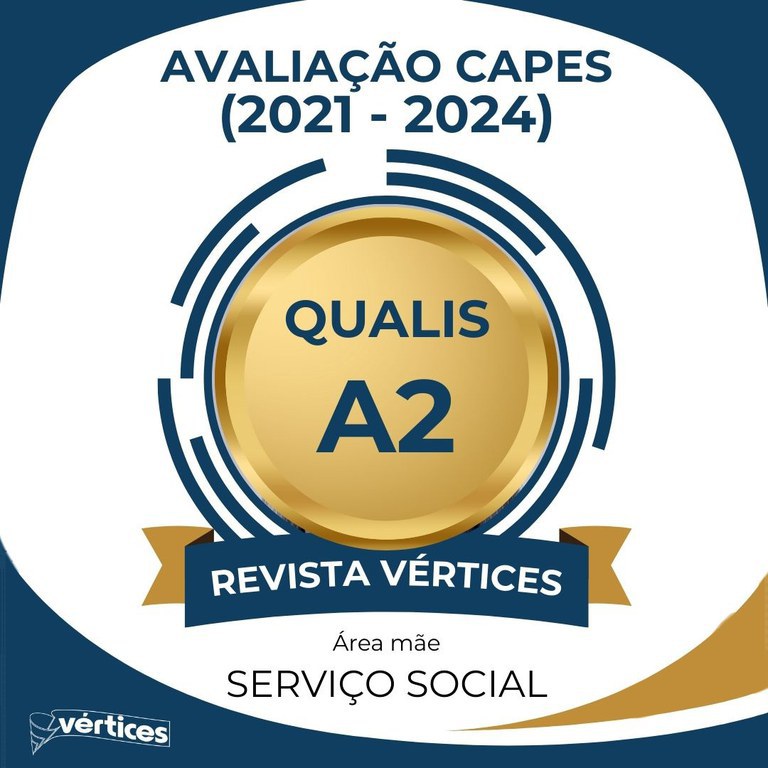Evaluation of environmental sustainability for micro and small companies in the Campos Basin oil and gas productive chain
Keywords:
Environment, Environmental SustainabilityAbstract
As a result of social and institutional changes, and of the more mature consume behavior, new approaches and models of environmental management have arised in the business sector. Increasing demand for responsible actions. and procedures regarding the enviroment have influenced Science, Politics, Legislation,managemeng and planning strategies, due, also, to continuous pressure from regulating agencies such as non-governmental or organization and financial institutions such as banks, insurance companies and consumers. Companies have been trying to change their production processes, aiming at eliminating or diminishing environmental damages caused by their actitivities. This involves investing on sustainability measures, as these become an increasingly distinctive issue for companies in their efforty to win newconsumers and clients. The objective of this study was the development of a methodology for evaluating enviromental sustainability for micro or small supply companies in the Campos Basin oil and gas supply chain. This methodological tool will enable the evaluation of companies as it comprises topics related to environmental issues, using, as reference, technical requirements given by ABNT (Brazilian Technical Standards Association) as well as indicators from the Ethos Institute. The application of questionaires allowed the evaluation of legal and management aspects in the companies regarding hazard and resulting emergency procedures, as well as also the company’s position towards envirormenal issuses. This allows the production of environmental indicators which may contribute with a data base containing information on local natural environment and possible social consequences, thus providing a better decision-making platform and identification of opportunities for the improvement of processes and procedures, of higher market competition and estimulation of auditing practices. Furthermore, continuous study of environmental sustainability indicators may contribute for solutions which may help reverse important social, environmental, and economic problems currently faced by collectivities.Downloads
Downloads
Published
Issue
Section
License
The authors of the manuscript submitted to Vértices, hereby represented by the corresponding author, agree to the following terms:
The authors retain the copyright and grant Vértices the right of first publication.
At the same time the work is licensed under the Creative Commons Attribution 4.0 International License, allowing third parties to copy and redistribute the material in any medium or format and to remix, transform, and build upon its content for any legal purpose, even commercially, provided the original work is properly cited.
Authors will not receive any material reward for the manuscript and Essentia Editora will make it available online in Open Access mode, through its own system or other databases.
Authors are authorized to enter into additional contracts separately for non-exclusive distribution of the version of the work published in Vértices (eg, publish in institutional repository or as book chapter), with acknowledgment of authorship and initial publication in this journal.
Authors are permitted and encouraged to disseminate and distribute the post-print (ie final draft post-refereeing) or publisher's version/PDF at online information sources (eg, in institutional repositories or on their personal page) at any time after the first publication of the article by Vértices.
Essentia Editora may make normative, orthographic and grammatical changes in the originals in order to maintain the standard language, with the final consent of the authors.
The content and opinions expressed in the manuscript are the sole responsibility of the author (s).




















1.png)



